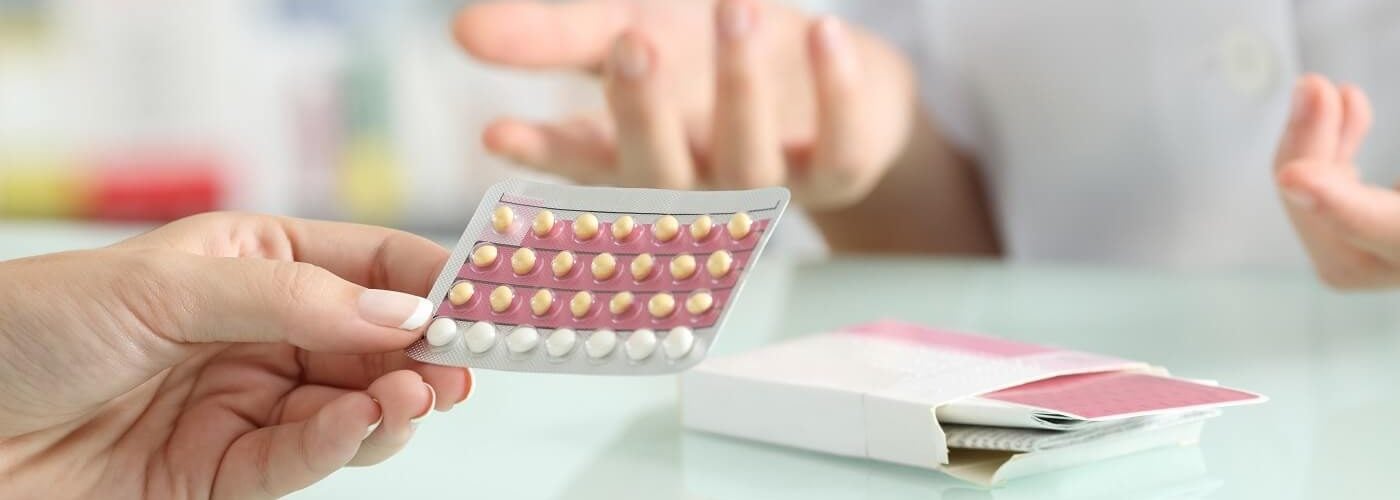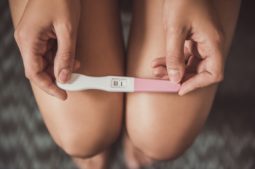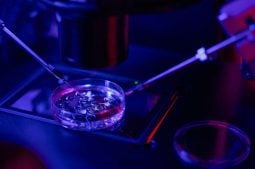
The decision to discontinue the use of contraceptive pills is a significant step in the lives of many women. Whether they are ready to conceive a child or exploring alternative birth control options, stopping contraceptive pills can raise questions and concerns. One of the primary concerns that often arise is how this change will affect ovulation and what the signs of ovulation will be after stopping contraceptive pills. In this article, we will address various aspects of ovulation after discontinuing the use of oral contraceptives, as well as provide tips for effectively monitoring it.
Early ovulation after stopping birth control pill
One of the initial questions that commonly arises when discontinuing contraceptive pills is whether ovulation can occur immediately. This varies from woman to woman. Ovulation may happen shortly after ceasing the use of oral contraceptives, but this timeline can be different in each case. Some women may experience ovulation in just a few weeks after stopping the pill, while for others, it may take longer. It is essential to remember that, even though ovulation is possible shortly after stopping the pill, this does not guarantee immediate conception. While contraceptives do not diminish reproductive capacity, ovaries may take 2 or 3 months to return to normal functioning. Patience is crucial to allow the body to adapt to hormonal changes. Anyway, it’s is normal to look for signs of ovulation after stopping the pill.
Discharge after stopping birth control
After discontinuing contraceptive pills, it is common to experience changes in vaginal discharge due to hormonal adjustments in the absence of active pill components. Vaginal discharge may change in texture, and some women may notice an increase in quantity since estrogen levels on the pill are lower than those naturally produced, leading to vaginal dryness. The increased discharge is a sign that ovulation is approaching. It becomes clearer and more elastic, facilitating the movement of sperm toward the mature egg. Observing these changes in vaginal discharge can be useful in determining when ovulation is approaching. This can be one of the signs of ovulation after stopping the pill.
Cervical mucus after stopping birth control
Cervical mucus plays an essential role in the conception process. After discontinuing contraceptive pills, changes in cervical mucus can be observed as ovulation approaches, as mentioned earlier. Cervical mucus becomes more transparent and elastic, resembling egg whites.
How long after stopping the pill will I ovulate?
There is no single valid answer. You can reach for signs of ovulation after stopping the pill, but the onset of ovulation after stopping contraceptive pills will vary for each woman. Ovulation may resume within 14 days, as in a normal cycle, or take several weeks. This varies from woman to woman and depends on factors such as the duration of pill use, previous reproductive health, and natural menstrual cycle.
If the goal of stopping the pill is pregnancy, it may be advisable to wait for two to three normal cycles to restore balance in the menstrual cycle. If you are trying to conceive after stopping the pill and are concerned about the time it takes to ovulate, it is recommended to consult a healthcare professional, such as a gynecologist or reproductive medicine specialist. Fertility diagnosis is advisable to ensure there are no underlying issues affecting conception chances.
Ovary pain after stopping birth control
Some women may experience pain or discomfort in the ovarian area after stopping contraceptive pills. This may result from the reactivation of the ovaries and the maturation of follicles leading to ovulation. This pain, known as “ovulation pain,” is a sensation of mild pinching or discomfort on one side of the abdomen and is generally harmless.
If ovulation pain is intense or persistent, it is important to consult a healthcare professional to rule out any other cause. In most cases, ovulation pain is temporary and disappears within a few hours or days. However, this pain is more common in women who previously experienced menstrual cramps before taking contraceptive pills.
How to track ovulation after coming off the pill?
Monitoring ovulation after discontinuing contraceptive pills can be helpful if you are trying to conceive or simply want to be aware of your menstrual cycle. Here are some tips for effectively tracking ovulation:
Ovulation Tracking
You can use ovulation tracking methods, such as taking basal body temperature or monitoring luteinizing hormone (LH) levels in urine. These methods can help determine when you are ovulating.
Mobile Applications
There are mobile applications designed to track the menstrual cycle and predict the fertility window. These apps can be useful for keeping a record of symptoms and cycle patterns, but be aware that these methods are not 100% effective.
Ovulation Tests
Ovulation tests are available on the market and are a useful tool for detecting ovulation. These tests measure LH levels in urine and can help identify when you are about to ovulate.
Fertility Diagnosis
If you suspect any difficulty in conceiving after stopping contraceptive pills or experience issues in your menstrual cycle, do not hesitate to consult a gynecologist or reproductive medicine specialist. At IVI, we can assist you in performing necessary diagnostic tests to assess your fertility status and recommend personalized treatment. With over 30 years of experience in infertility, we have clinics worldwide to help you fulfill your desire to become a mother. Fill out the contact form below this text, and our team will get in touch with you.





Comments are closed here.